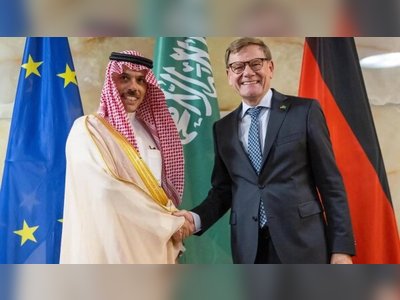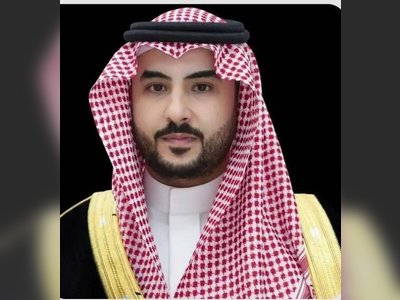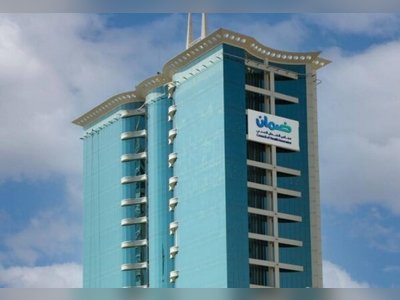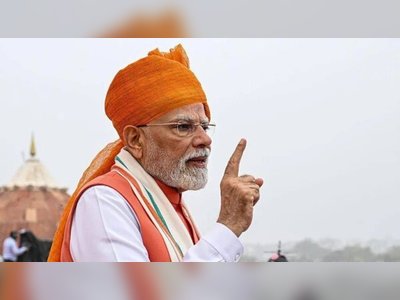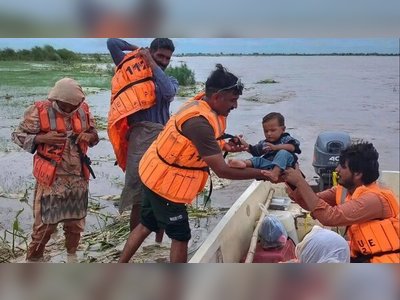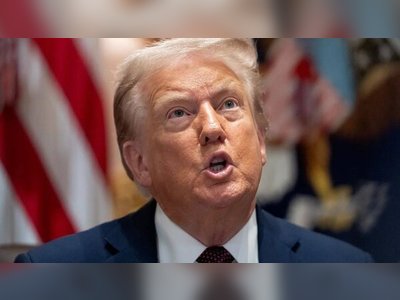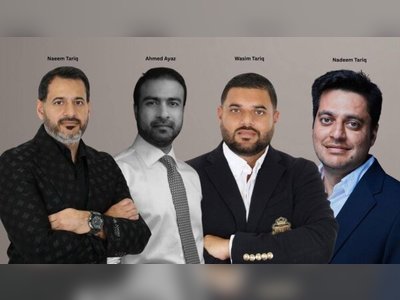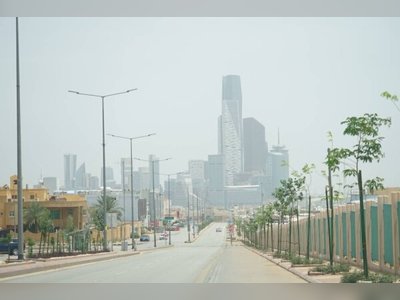
European and Iranian Diplomats Fail to Agree on Avoiding UN Sanctions Revival
Diplomatic efforts continue in Geneva as the deadline looms for invoking the snapback mechanism of the 2015 Iran nuclear deal.
Representatives from France, Germany, and the United Kingdom, collectively known as the E3, have been engaging in discussions with Iranian diplomats to prevent the revival of UN sanctions on Iran.
However, as a diplomat close to the negotiations revealed, these talks concluded without an agreement, leaving the fate of the snapback mechanism uncertain as it approaches its end-of-month deadline.
The snapback mechanism is designed to automatically reinstate previously lifted sanctions if Iran is deemed non-compliant with the terms of the 2015 nuclear deal.
These sanctions include a conventional arms embargo and restrictions on ballistic missile development, among other measures.
The European nations have expressed concerns over Iran's nuclear activities, particularly its enrichment of uranium to near weapons-grade levels before the recent conflict between Iran and Israel.
The situation has been further complicated by Iran's decision to cut off cooperation with the International Atomic Energy Agency (IAEA).
This lack of transparency has increased the uncertainty within the international community regarding Iran's current nuclear capabilities.
The Europeans, alongside the United States, have set an end-of-August deadline for invoking the snapback mechanism if certain conditions are not met by Iran.
These conditions include resuming negotiations with the US over its nuclear program, allowing UN nuclear inspectors access to facilities, and accounting for the stockpile of highly enriched uranium.
Iran contends that there is no legal basis for the E3 to invoke snapback sanctions, arguing that these countries failed to uphold their obligations under the 2015 deal after the United States' exit in 2018.
The original nuclear agreement limited Iran's uranium enrichment capacity and required the use of only basic centrifuges.
However, with tensions rising and concerns over Iran's nuclear ambitions, diplomatic efforts continue in an attempt to navigate this complex political landscape.
However, as a diplomat close to the negotiations revealed, these talks concluded without an agreement, leaving the fate of the snapback mechanism uncertain as it approaches its end-of-month deadline.
The snapback mechanism is designed to automatically reinstate previously lifted sanctions if Iran is deemed non-compliant with the terms of the 2015 nuclear deal.
These sanctions include a conventional arms embargo and restrictions on ballistic missile development, among other measures.
The European nations have expressed concerns over Iran's nuclear activities, particularly its enrichment of uranium to near weapons-grade levels before the recent conflict between Iran and Israel.
The situation has been further complicated by Iran's decision to cut off cooperation with the International Atomic Energy Agency (IAEA).
This lack of transparency has increased the uncertainty within the international community regarding Iran's current nuclear capabilities.
The Europeans, alongside the United States, have set an end-of-August deadline for invoking the snapback mechanism if certain conditions are not met by Iran.
These conditions include resuming negotiations with the US over its nuclear program, allowing UN nuclear inspectors access to facilities, and accounting for the stockpile of highly enriched uranium.
Iran contends that there is no legal basis for the E3 to invoke snapback sanctions, arguing that these countries failed to uphold their obligations under the 2015 deal after the United States' exit in 2018.
The original nuclear agreement limited Iran's uranium enrichment capacity and required the use of only basic centrifuges.
However, with tensions rising and concerns over Iran's nuclear ambitions, diplomatic efforts continue in an attempt to navigate this complex political landscape.
